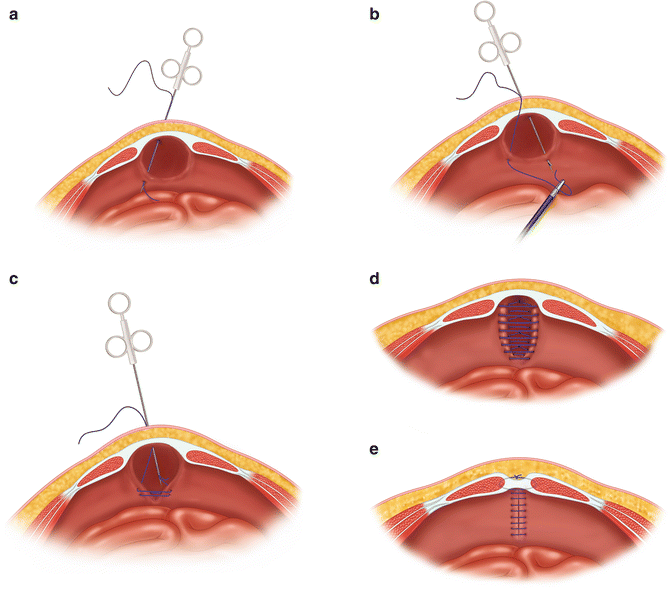Randomized Trials Ongoing To Improve Ventral Hernia Outcomes
Clinical research in a busy department of surgery can be challenging. Furthermore, multiple barriers exist to conducting high quality research such as randomized controlled trials in an underserved patient population such as those receiving care at a safety-net hospital such as LBJGH. In this issue, two recently completed and one ongoing randomized trial at LBJGH are highlighted:
Modifying Risk Factors in Ventral Hernia Repair
As part of a three year career development award, Dr. Mike K. Liang and colleagues completed an effort-intensive randomized controlled trial to assess the safety and efficacy of preoperative rehabilitation (prehabilitation) among obese, underserved patients who sought ventral hernia repair. Patients were randomized to one of two arms: current medical care versus a 6-month intensive diet and exercise course. The researchers discovered that prehabilitation was safe and feasible in this underserved population and patients who underwent prehabilition were more likely to achieve their weight loss goals, more likely to meet the requirements for elective ventral hernia repair, and among those undergoing hernia repair, prehabilitation patients were less likely to suffer a wound complication. These results were presented at the 2018 American Surgical Association meeting in Phoenix, Arizona and have been published in the Annals of Surgery (https://pubmed.ncbi.nlm.nih.gov/30048306/?from_single_result=30048306).
Primary Fascial Closure During Laparoscopic Ventral Hernia Repair

Ventral hernias are a common problem that can be debilitating to patients, affecting their ability to function normally and the cosmetic appearance of their abdomen. Laparoscopic ventral hernia repair compared to open repair has been shown to significantly decrease the risk of surgical site infections with no impact on hernia recurrence. Despite this, less than one fourth of all patients undergoing ventral hernia repair receive a laparoscopic approach. One reason for this is that traditionally, laparoscopic ventral hernia repair was taught as a bridged repair, similar to patching hole on a tire. The hole itself is not closed but a piece of mesh is secured across the hole. This “bridged” repair anecdotally did not achieve the substantial improvements in patient cosmesis and function. Some surgeons began repairing the hole by suturing it closed and then patching the repair with a piece of mesh, termed “primary fascial closure” or PFC. Proponents of PFC argued that patients with PFC as opposed to bridged repair had fewer wound complications, fewer hernia recurrences, and improved quality of life. But controversy remained. Two large national database studies suggested there were difference between the two treatments. Dr. Mike K. Liang, supported through a CCTS pilot grant recently completed a multi-center randomized controlled trial comparing bridged repair versus PFC. They have just completed their 1-2 year follow-up and results will be presented and published soon.
Laparoscopic versus Robotic Assisted Ventral Hernia Repair
The legend of John Henry has tells of a story of a highly skilled steel-driver in a race to drive railway ties against new technology, a steam-powered hammer. Although John Henry won that race, he died in victory with hammer in hand as his heart gave out. This classic story of man versus technology resonates with our society because of the rapid evolution of technologies.
机器人手术平台作为一个接口between the surgeon and patient, allowing enhanced visualization, ability to control four arms, and potential to improve the safety and quality of surgery. Despite this, no randomized controlled trial has ever demonstrated any benefit to the patient with the use of a robotic platform. Recently, a handful of national database studies have suggested that robotic ventral hernia repair is not only safe and effective, but that it can decrease hospital length of stay and cost.
Shinil Shah博士和迈克·k·梁spear-headed a multi-center randomized controlled trial to compare traditional laparoscopic ventral hernia repair to robotic assisted ventral hernia repair. The trial will assess short term results such as hospital length of stay, long term results such as hernia recurrence, and outcomes such as patient quality of life.